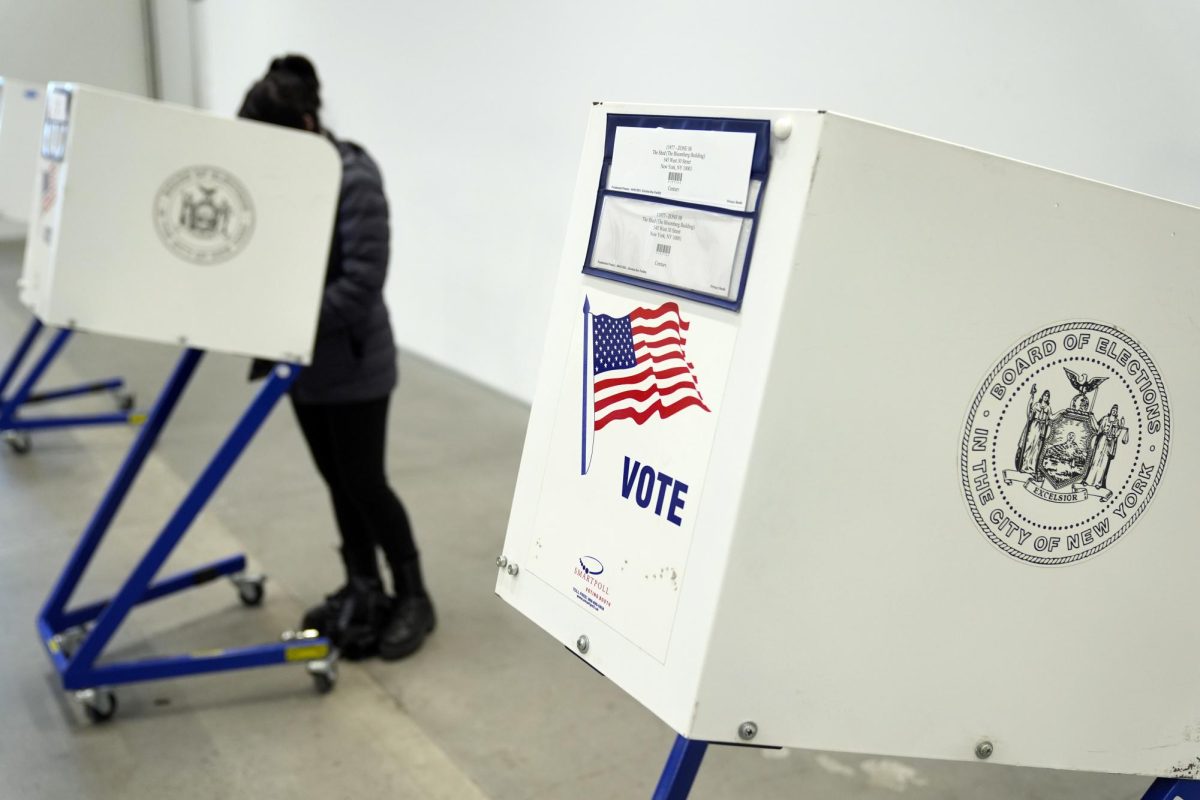The uncommitted are committed to no one in this 2024 election; voters are prompting a futile protest against President Joe Biden.
Voting “uncommitted” in U.S. primaries may seem like a neutral vote, but it’s a decision that could affect the outcome of the remaining ballots and even the general election.
In a unique display of civic unrest this year, the Michigan primaries witnessed an unprecedented wave of voters turning away from traditional party lines. One of these challengers – interestingly enough – was not even human, but a nominee imagined via protest.
On March 2, the ballot boxes echoed a message of discontent as more than 100,000 Michigan citizens cast their votes for “uncommitted,” signaling a profound disillusionment with President Biden’s approach to international conflict.
This act of protest underscores a broader dissatisfaction with the administration’s handling of various issues, notably its approach to the ongoing Israel-Palestine conflict. Whether Michigan politicians prompted voters to commit uncommitted, the two delegates given to a no-name in the Democratic Primary only set America backward.
Thousands of Michiganders squandered their votes with their choice in protest that barely made a ripple in the political current. It is a romanticized protest that will be killed with time, joining the ranks of other forgotten U.S. demonstrations.
No one here is defending Biden, but this is also not the time to be sending a message to politicians that already have a chance at the presidency. Votes are cast across the nation, and, for now, have resulted in two clear and upcoming winners.
The United State’s current elects include both the incumbent, President Joe Biden, and his predecessor, former President Donald Trump, vying for the 2024 presidency. Both reached the required number of delegates to secure their seat as nominees to head to the National Conventions later this year.
In the interim, voting “uncommitted” is a political act meant to draw attention to a problem. Regulated by state by-laws and parties, the uncommitted vote reflects a call for more decisive action and reassessment of a political figure. It gives voters a choice and voice.
Graduate in the Department of Public Administration and former Vice President of NIU College Democrats, Cesar Castillo, explains what the vote means in America.
“There’s a very passionate drive in a lot of states to leave ballots blank,” Castillo says. “To me, voting uncommitted means you’re not approving of your party or anyone on the primary ballot. That being said, everyone who votes uncommitted in different states does not translate to the same motivation in Michigan.”
Motivation tends to stretch thin when it comes to voters in a free country. Ideally, such voting patterns will remain localized to Michigan and not spread elsewhere in the U.S. on a large margin. However, these votes may not matter in the long run.
“When you are talking about the raw number (of votes), this is not enough to swing the election because there’s other competing factors that you have to juggle within the state of Michigan and all across the country,” says Castillo. “I mean, is it significant? Yes, in my opinion. Will the uncommitted vote have a significant impact in the general election? All depends on whether people turn out or not.”
The uncommitted remain loyal to no candidate. The impact of the vote would need to be substantial to truly matter, highlighting the futility of casting it in the first instance.
If the uncommitted turn up in the general election, then America may see votes being truly thrown away. It remains to be seen how this sentiment will influence the political discourse and the choices of the American people.




















